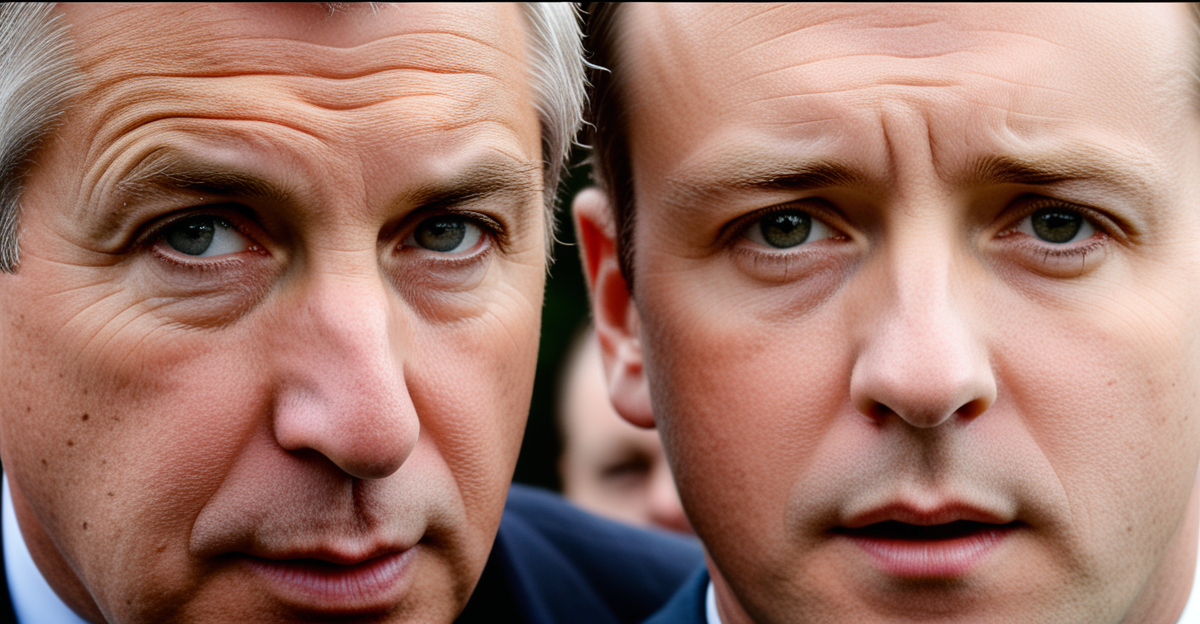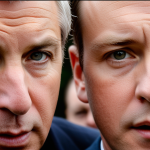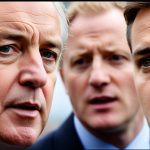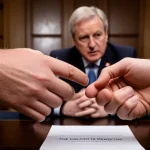Overview of Recent Political Shifts in the UK
Recent UK politics have been marked by significant transformation, reflecting evolving public sentiment and critical political change UK-wide. Over the past 12 to 24 months, the UK has witnessed leadership changes within major parties, shifts in parliamentary power dynamics, and crucial policy debates shaping the national agenda.
Key figures have emerged amid this flux, influencing party directions and public perceptions. The Conservative and Labour parties, along with smaller players, have oscillated between competing visions for the country’s future, highlighting divisions over topics like economic strategy and social welfare. Contemporary UK events such as leadership contests, legislative standoffs, and local elections have tested party coherence and voter loyalty.
Also to discover : What are the current trends in UK political discourse?
This period also saw pivotal moments, including high-profile resignations and policy U-turns, which altered the political landscape substantially. Electoral outcomes have mirrored shifting public opinion, with fluctuating support levels impacting government mandates and the feasibility of certain policy agendas. These developments underscore a broader political change UK society must navigate, encompassing both uncertainty and opportunity in shaping governance and democratic engagement.
Impact on Government Policy
Recent political change UK has driven notable UK policy changes and spurred government reform UK on multiple fronts. Since leadership shifts and key parliamentary realignments in recent UK politics, several legislative updates UK have redefined policy priorities. This is particularly evident in economic regulation, healthcare provisions, and environmental commitments, where responsiveness to public demand has accelerated reforms.
Have you seen this : What Are the Most Controversial Decisions in Recent UK Politics?
Changing political leadership influenced domestic policy agendas, pushing governments to reconsider approaches to taxation and social welfare. For instance, welfare policy debates have intensified, demanding more inclusive support frameworks. The government’s agenda now increasingly focuses on addressing socio-economic disparities, reflecting shifts illuminated by recent UK politics.
Another consequence of political change UK is its ripple effect on public administration and governance structures. Executive priorities have shifted, emphasizing transparency, efficiency, and greater stakeholder engagement. Legislative updates UK aim to enhance accountability mechanisms, responding to voter volatility and growing demands for democratic responsiveness.
In sum, the intersection of evolving political dynamics and government reforms in the UK is reshaping policy landscapes quickly. Tracking these UK policy changes is essential to understanding how governance will adapt to societal needs amid ongoing political transformation.
Economic Consequences of Political Changes
The economic impact of politics UK in recent times has been profound, reflecting in pivotal shifts across the UK economy. Political change UK, particularly over the past 12-24 months, has affected economic growth trajectories and investment climates. Uncertainty triggered by leadership upheavals and contemporary UK events led to fluctuating market confidence, influencing both domestic and foreign investors.
Fiscal policy UK has undergone adjustments in response to this environment. The government’s approach to taxation, public spending, and borrowing adapted to new political priorities, aiming to balance economic stability with social needs. Monetary policy also faced pressures to maintain inflation control while supporting growth amid political volatility.
These shifts have tangible effects on businesses and employment. Sectors sensitive to policy direction, such as finance and manufacturing, have experienced varying degrees of disruption or opportunity. Additionally, labor market dynamics reflect ongoing uncertainty, with recruitment and wage growth influenced by political developments.
Understanding the economic consequences of political change UK is vital for anticipating future risks and opportunities. The interplay between policy decisions and market responses will continue to shape the overall financial health and resilience of the UK economy in the near term.











